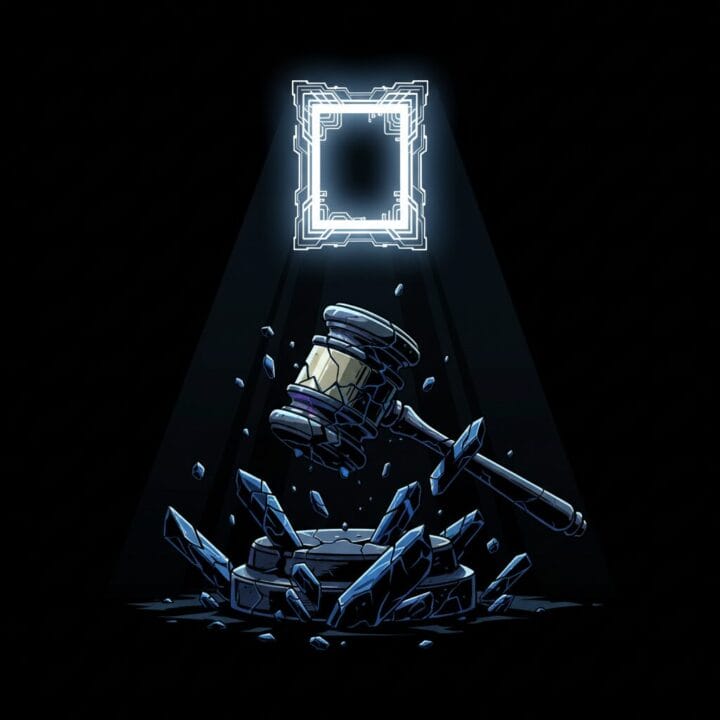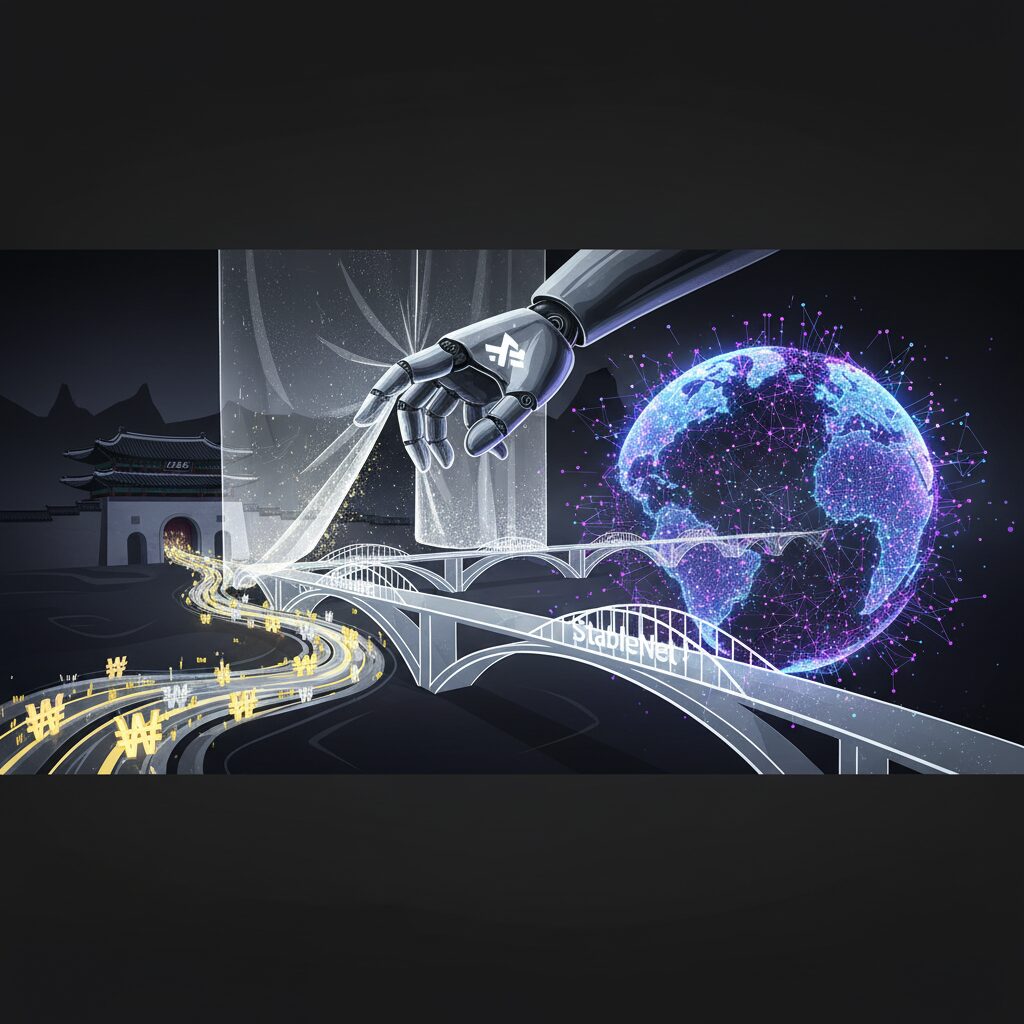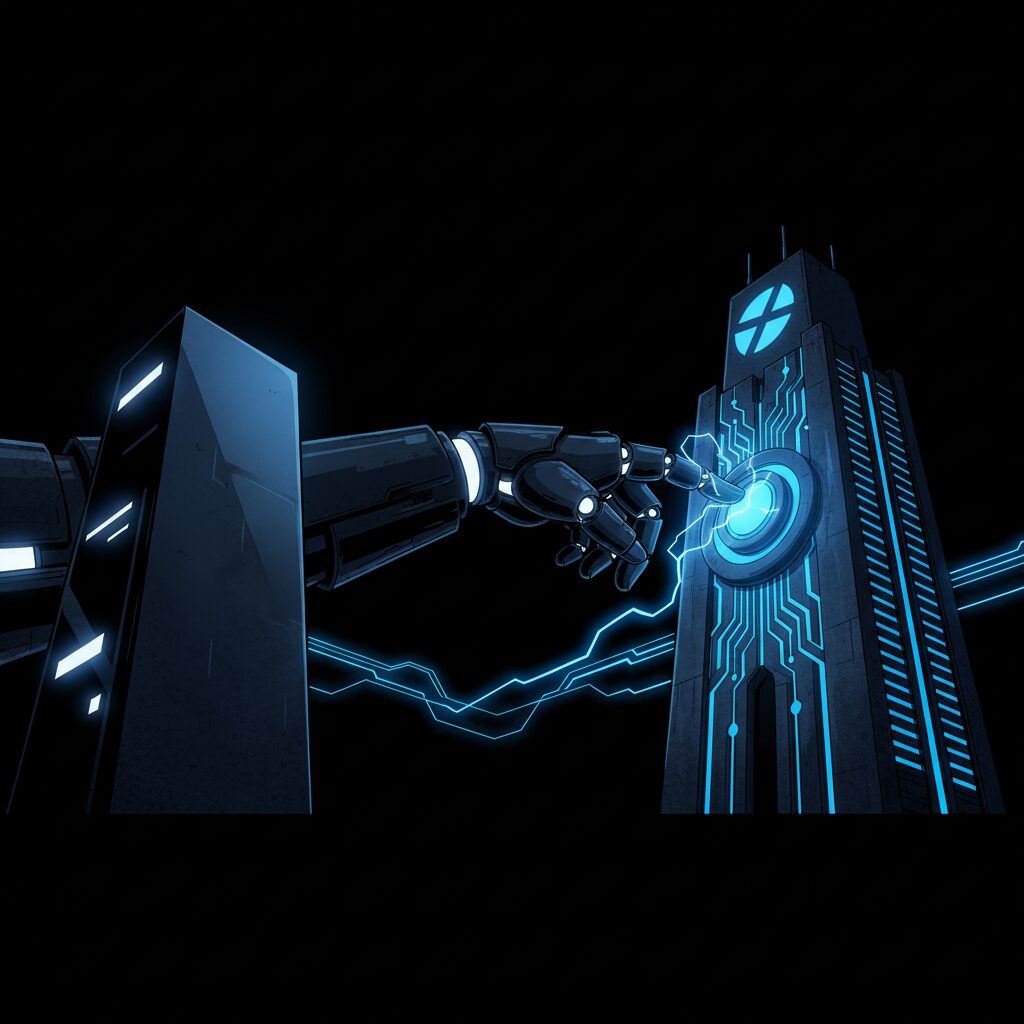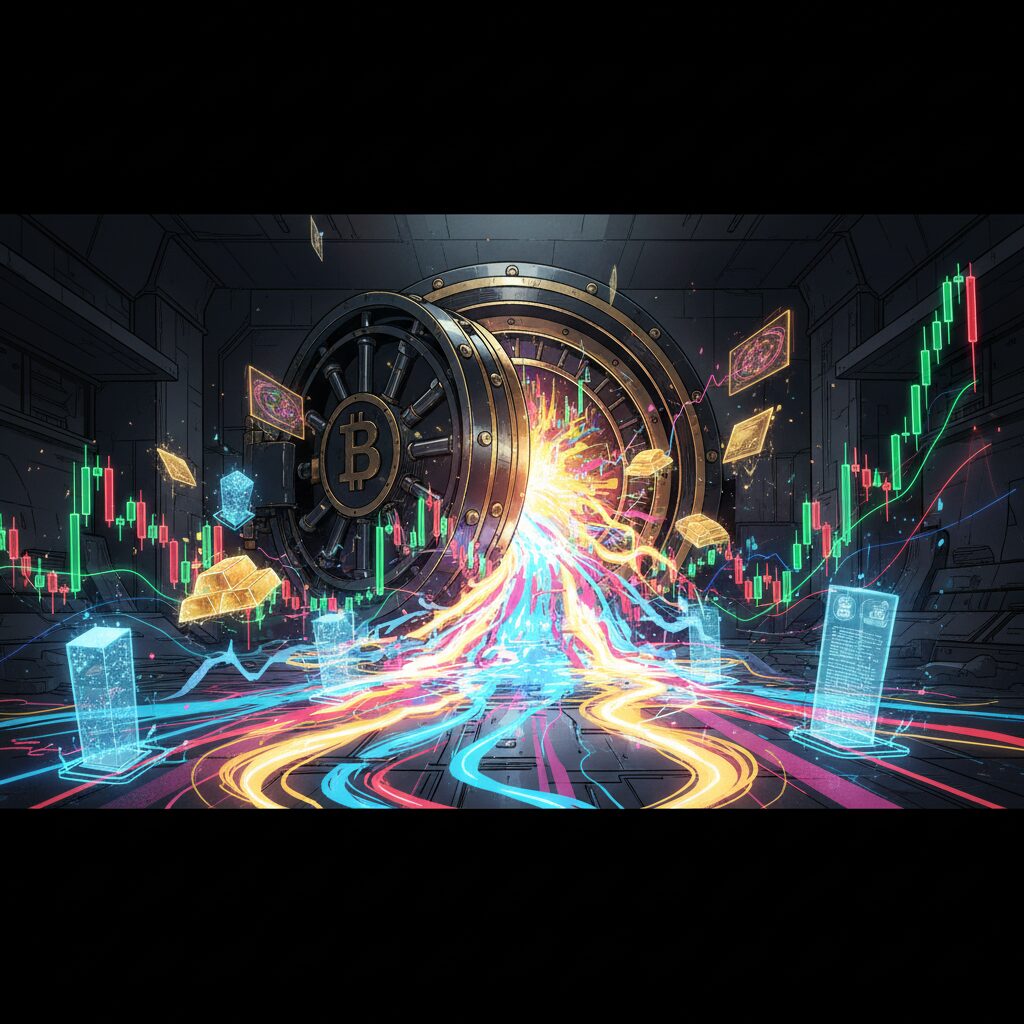Court Dismisses Lawsuit Claiming Bored Ape NFTs Are Securities

A federal court has handed Yuga Labs a victory by dismissing a complaint that argued its popular NFT collections should be classified as securities, though the plaintiffs have been given another opportunity to amend their case.
The U.S. District Court for the Central District of California has dismissed a second amended complaint filed against Yuga Labs, the company behind the prominent Bored Ape Yacht Club (BAYC), Mutant Ape Yacht Club, and Bored Ape Kennel Club collections of Non-Fungible Tokens (NFTs). The ruling, issued on September 30, 2025, found that the plaintiffs did not sufficiently argue that the digital assets qualify as securities.
The lawsuit centered on whether Yuga Labs’ NFTs should be considered “investment contracts” under U.S. law. To determine this, courts rely on the landmark Supreme Court case SEC v. W.J. Howey. The Howey test establishes three key criteria: an investment of money, in a common enterprise, with a reasonable expectation of profits derived from the efforts of others.
Analyzing the Howey Test Prongs
In its analysis, the court found that the plaintiffs’ arguments fell short on two of the three prongs. The ruling stated that the complaint failed to adequately show that the NFTs were offered as investments rather than as digital collectibles for personal use. It also determined that the plaintiffs did not successfully demonstrate either horizontal or vertical commonality to satisfy the “common enterprise” requirement.
However, the court’s decision included a significant nuance regarding the third prong—the expectation of profit from the efforts of others. The judge found that the plaintiffs did manage to satisfy a portion of this requirement. The ruling pointed to statements from Yuga Labs about its “Roadmap Activations,” suggesting that buyers could reasonably expect the value of their NFTs to increase based on the company’s future development efforts.
The court noted that these promised activations, which would be developed and implemented by Yuga Labs, were presented as essential to the collections’ future value. Despite this finding, the failure to meet the other criteria of the Howey test led to the overall dismissal of the complaint.
Case Not Over Yet
While the complaint was dismissed, the legal battle is not concluded. The court has granted the plaintiffs leave to amend their case for a third time. They have until October 10, 2025, to file a new complaint that addresses the deficiencies identified in the ruling. The outcome of this case continues to be closely watched, as it could have broad implications for how NFTs are regulated in the United States.








